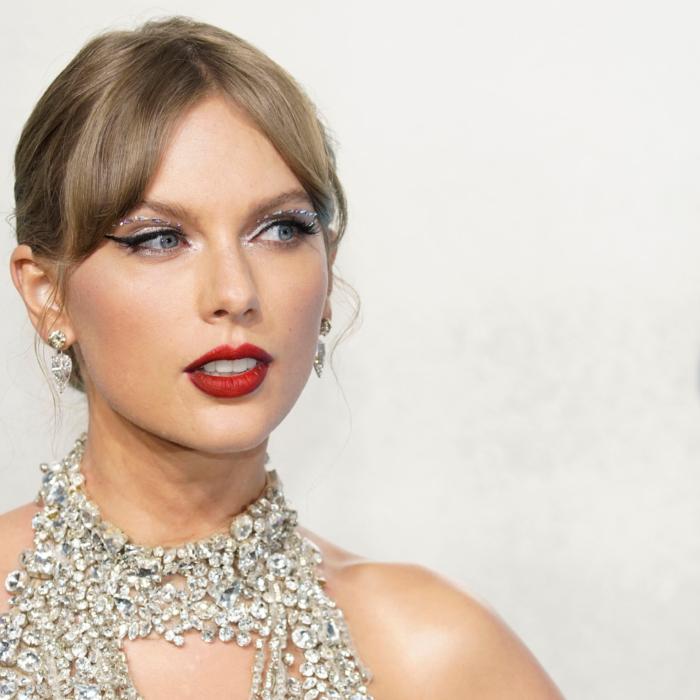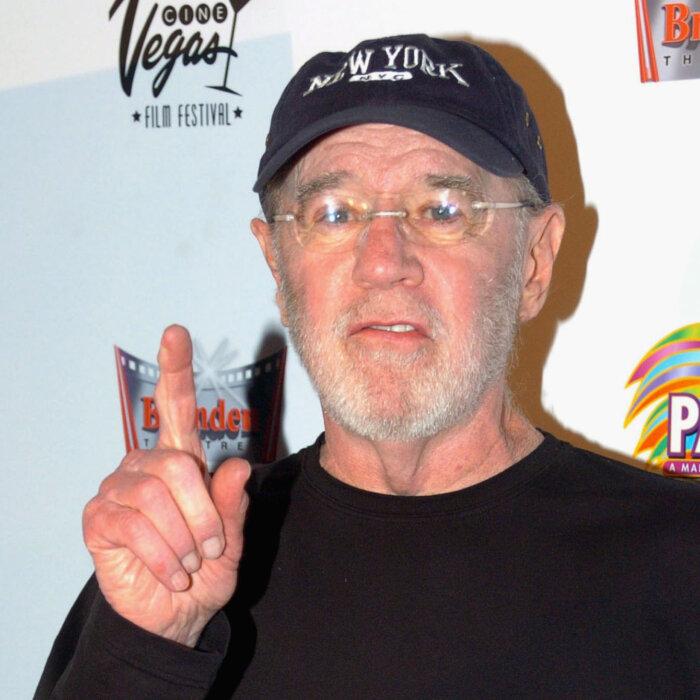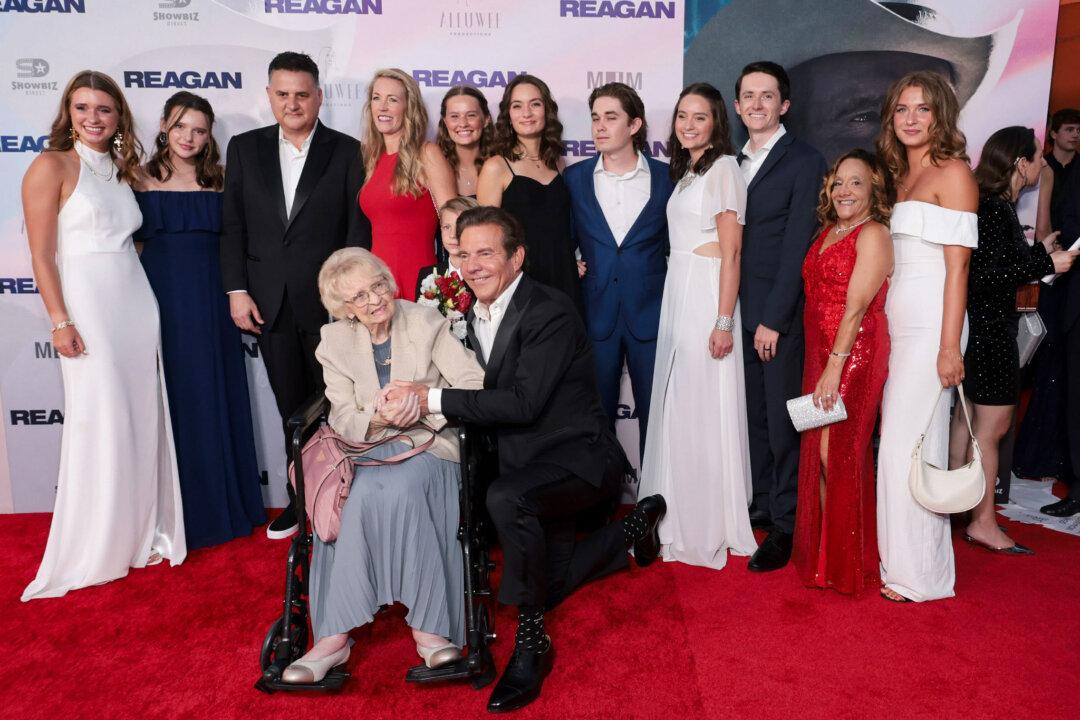While acknowledging the potential of AI, Ms. Bure conveyed a sense of unease, describing it as “a little frightening” at its core. Despite recognizing its capabilities, she affirmed her commitment to traditional methods, emphasizing her reliance on skilled human writers for movie scripts and content creation.
Ms. Bure stated, “I'll be keeping my eye on it for sure.” However, she made it clear that she has “no intention” of incorporating AI into her filmmaking endeavors. In a previous statement from November, Ms. Bure emphasized that her projects for Great American Family, originally established as part of Great American Country (GAC), would prioritize themes of “faith, family, and country,” addressing what she perceives as a lack of such content in contemporary Hollywood.
Expressing her desire to contribute meaningful and purposeful storytelling, Ms. Bure shared her motivation for leaving The Hallmark Channel for GAC. The decision was influenced by her belief in the mission of Great American Family, where she found a shared commitment to promoting faith programming and producing quality family entertainment.
Hollywood Pushes Back Against AI
Actor Tom Hanks has raised concerns about the unauthorized use of his voice and image in an advertisement for a dental plan, facilitated by AI. Taking to his Instagram page with a message to his 9.5 million followers, the “Castaway” star disassociated himself from the AI-generated content, stating, “BEWARE!! There’s a video out there promoting some dental plan with an AI version of me. I have nothing to do with it.”Mr. Hanks, addressing the issue before the commencement of the Hollywood writers’ strike, highlighted the foresight of the Writers’ Guild of America (WGA) regarding the potential challenges posed by AI.
Mr. Hanks is not alone in expressing grievances against the emergence of AI. Actor Stephen Fry denounced the unauthorized use of his voice in a documentary created through AI. Mr. Fry cautioned against the dangers of AI cloning, sharing his experience at the tech-based CogX festival in London. He played a clip of a history documentary that manipulated his voice without his knowledge, created by technology learning from his readings of all seven Harry Potter audiobooks.
The concerns are not limited to individual actors; both the WGA and SAG-AFTRA, the actors’ union that participated in last year’s strike, are still wrestling with ongoing industry discussions. These discussions, taking place within guilds, agencies, and legal firms, aim to discern the legal implications of treating individuals’ faces and voices as intellectual property. This strike is, in part, a response to the increasing influence of AI in content generation.
Other notable figures, including the late Robin Williams’s daughter Zelda Williams, Black Eyed Peas frontman will.i.am, and Keanu Reeves have also voiced apprehensions about AI. Ms. Williams criticized the use of AI to recreate her father’s voice, emphasizing the ethical implications of generating content involving actors who cannot provide consent.
Will.i.am expressed concerns over the lack of rights to one’s “facial math” and voice frequency, highlighting potential legal issues arising from the rise of AI.







